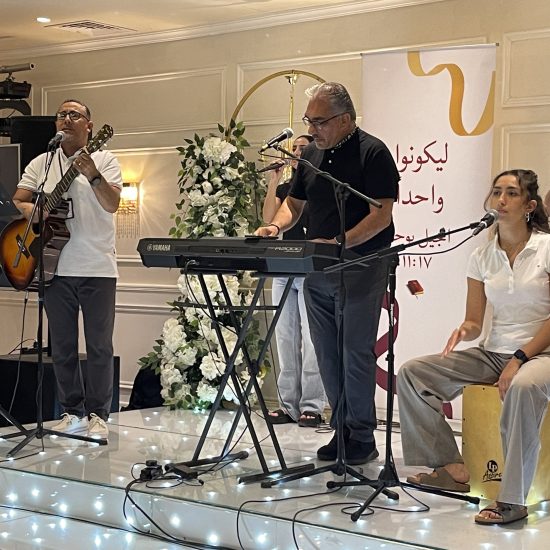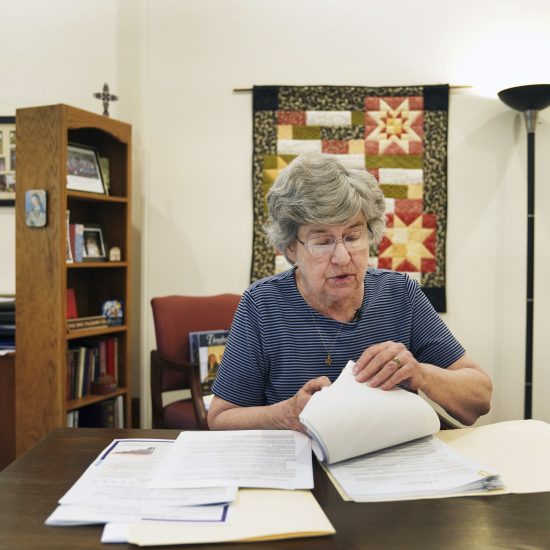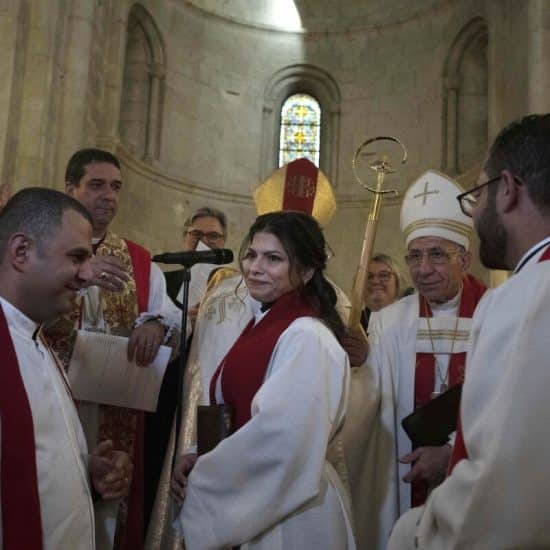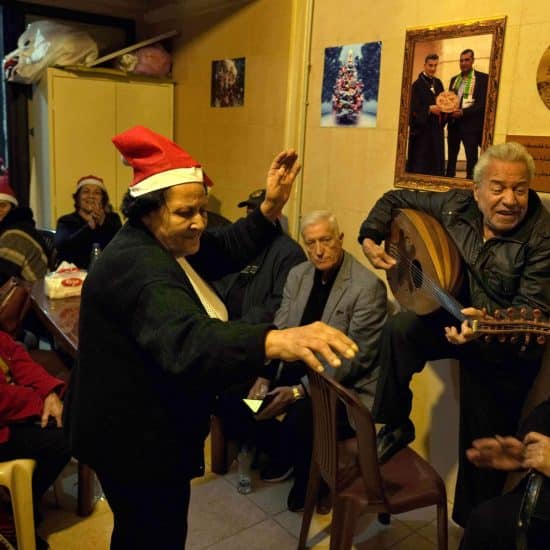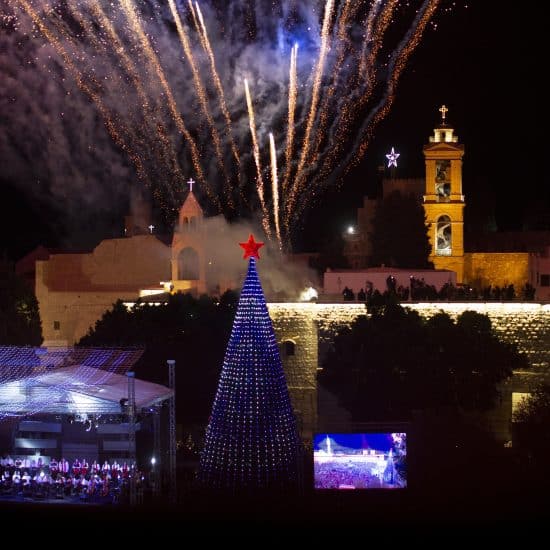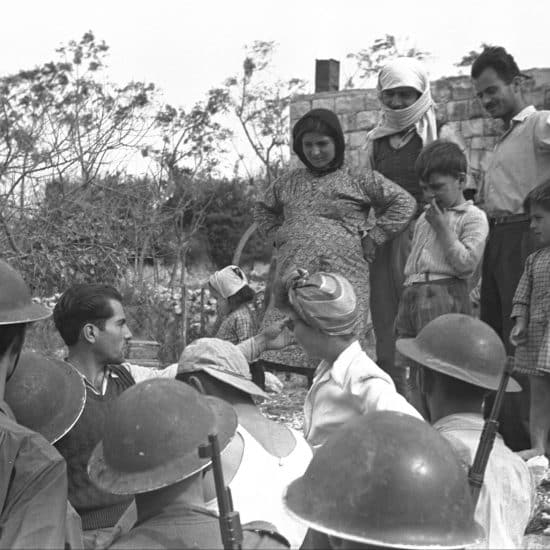(ABP) – This is third in a series of columns reflecting on a summertime trip to Israel and the Palestinian territories. Last time I discussed powerful evidence that Israel remains a society traumatized by the epochal evil of the Holocaust. This week I offer impressions of the Palestinian people and their plight.
Oddly enough, my first experience with what it means to be Palestinian was in an Israeli taxi. In a rarity for American tourists, our hosts selected a hotel for us in what is still sometimes called Arab East Jerusalem.
We were within easy walking distance of the walls of Jerusalem’s Old City, but my Israeli cab driver had never once been to this part of town. So he got hopelessly lost trying to find a hotel that is five minutes from the walls of the Old City.

David Gushee
|
Provisional lesson learned: Israelis and Palestinians generally live quite separate lives. Their populations intertwine, but by means both official and unofficial they are kept apart.
On Day 5 of our trip we took the brief bus ride from Jerusalem to Bethlehem in what is commonly called the West Bank. It is occupied Palestinian territory according to international law.
My first discovery that day was how vast and dominant is the “separation wall” that regulates the traffic flowing out of the Palestinian territories.
The wall loomed high over our heads in massive gray ugliness, livened only on the Palestinian side by creatively angry graffiti. With guard towers, barbed wire, spikes on the ground to disable tires and ubiquitous young Israeli soldiers everywhere, the wall (Wall, really) is one of the most distressing pieces of human architecture I have ever seen.
The Wall divides Israel from occupied Palestine. It also divides Jews from Palestinians. Israeli Jews are not legally permitted to cross into the Palestinian side. Palestinians who want to leave their walled cities must cross through a security check that may or may not permit them to exit.
They must submit themselves to searches that can be quite intrusive and even humiliating. And they must plan their lives around the lengthy delays and the uncertainty created by the Wall and its procedures. We stumbled on a wedding at the Nativity Church in Bethlehem in which the bride was late getting there from Jerusalem. No one had to ask why.
At Bethlehem there is a place where the Wall takes a strikingly non-linear path. I was told that this was intended to gobble up the lush Palestinian olive grove which ended up on the Israeli side.
I knew that Palestinian homes have been destroyed to accommodate the Wall, but I still was astonished to see one massive, stately, new-looking home in Bethlehem with a large part of its backyard taken up by the Wall, not 10 feet away. The Wall had destroyed what must once have been some valuable real estate.
Like just about everything that Israel does in relation to the Palestinians, the stated reason for the Wall is security. Its effect on the Palestinians has been destroyed homes, ruined property values, economic deprivation and job loss, daily humiliation and a deep sense of imprisonment for the Palestinians.
Has it won any security for Israel? I don’t think so. I think the Palestinians have chosen to forego violent resistance — for now. (More on that in a future column.)
After visiting the Dheiseh refugee camp — housing Palestinian refugees for 63 years with no end in sight — we were taken up to the roof of a high building that offered a panoramic view of the surrounding areas. In every direction we saw gleaming, new-looking and amazingly massive Jewish “settlements” — Jewish communities planted in land that under international law, and recognized by U.S. policy, rightly belongs to the Palestinians.
These are not “settlements” in the sense of modest little villages with a few shops, but rather sizable cities. They are connected to each other and the outside world through special roads that cut into Palestinian territory yet on which Palestinians cannot drive.
So here is how it looks from a rooftop in Bethlehem:
To be a Palestinian in the occupied territories is to be encircled by cities built by another nation on land that belongs to you but whose seizure you are powerless to prevent.
To be a Palestinian is to face sharply restricted freedom of movement and a Wall that utterly dominates your mental and physical landscape while constricting your economic prospects.
To be a Palestinian is to know that the nation that makes the biggest show of being the most powerful nation in the world and foremost defender of human rights is either unwilling or unable to apply those principles on your behalf.
That nation would be our own.
David Gushee is distinguished university professor of Christian ethics at Mercer University.
EDITORIAL DISCLAIMER: As part of our mission to provide credible and compelling information about matters of faith, Associated Baptist Press actively seeks a diversity of viewpoints in its columns, commentaries and other opinion-based content. Opinions expressed in these articles are not intended to represent ABP editorial policy and do not necessarily reflect the views of ABP's staff, board of directors or supporters.

